For Immediate Need Call: 770-419-9234
For Immediate Need Call: 770-419-9234
Funerals are beautiful celebrations of life that allow us to say goodbye to people we loved. But there may come a time when attending a funeral is sadly no longer a rare occurrence. Having to attend many funerals can be overwhelming, instigating feelings of grief for many different loved ones. What can you do to help yourself when attending too many funerals becomes overpowering?
What to Do When You’re Attending Many Funerals
Recognize that you can only do so much.
A funeral can be a celebration for someone who has passed, but it’s also a chance to be there for those who remain. Especially if you were very close to the person who passed, you’d naturally want to do all you can for the people they loved. That desire comes from a good place, but when you’re attending a lot of funerals, you may quickly find yourself overextended. Wanting to help is admirable, but remember that you’re experiencing much grief right now. It’s not easy to lose so many people you love in a short amount of time. Taking care of yourself is essential too.
Consider speaking to someone.
Especially if you’ve reached an age where many of your friends are no longer with you, talking to a mental health professional is vital. You’re experiencing grief, but so many funerals can also trigger some thoughts about your own passing. While talking to your family may be helpful, a mental health professional with experience helping others overcome grief can guide you through the tough questions. Depending on how your loved ones passed, you might also want to work with a professional with particular experience, such as one who works with people whose loved ones passed from advanced age or terminal illness.
Know that it’s okay to decline.
Attending a funeral allows you to pay tribute to someone you loved. But that’s not to say that it’s the only way. When you’re going to many funerals, you may become overwhelmed. You’re grieving too, and losing so many people one after another is heartbreaking. Sometimes, a funeral is too much when you’re already emotionally exhausted. If you find it too difficult to go to another funeral, write a letter of condolence to the remaining family. You may want to explain the situation, but you don’t need to present your emotional state. It’s more important to spend the letter talking about the person you and they are missing. Talk about how much you loved them and what they meant to you. If you’re feeling up to it, you can offer support to the remaining family, but if not, it’s enough to say that you’re sorry for their loss and that their loved one will be greatly missed.
Spend more time with the ones you love.
You may find yourself thinking about your own mortality when you’re attending a lot of funerals. It’s natural to have questions and worries, especially if you’re of an age where it’s hard to know how much time is left. A big part of enjoying the time we have is spending it with those who matter to us. Especially after losing many people very quickly, you should try to remind yourself that you’re still not alone. There are people out there who love you and who you love back. You may feel lonely after losing so many loved ones, but combatting loneliness starts with recognizing that it’s never too late to forge deeper bonds in our lives.
Don’t mask your thoughts.
Losing loved ones, especially many in a short time, can trigger symptoms of anxiety, such as racing thoughts. Many people try to cover their thoughts, searching for distractions. But those distractions only mask the symptom rather than treating the root of the problem. Refusing to recognize your thoughts only makes them fester, which can worsen anxiety. Instead, spend time with your thoughts and learn how to cope with them. Find ways to address your anxious thoughts. Working through a plan with your mental health professional is a good way to combat how you’re feeling properly. Some methods of managing anxious thoughts that may help include taking time every day to write out how you’re feeling, doing deep breathing exercises, or having a daily session of either walking or sitting meditation.
For many of us, once we reach a certain age, we’ll sadly begin attending many funerals. But whether that stage in your life comes tragically early or much later on, you must take care of yourself. Grief is a sneaky emotion. Taking care of your mental health can help prevent it from becoming too overwhelming. Even still, it’s okay to miss people. You’re going to miss talking to them, seeing their smiles, hearing their voice, and all the little things that they brought to the world that made it a brighter place. Nothing takes away the pain of losing them, but working with a mental health professional and continuing to live each day in the best way possible can make the world feel a little less dark without them.
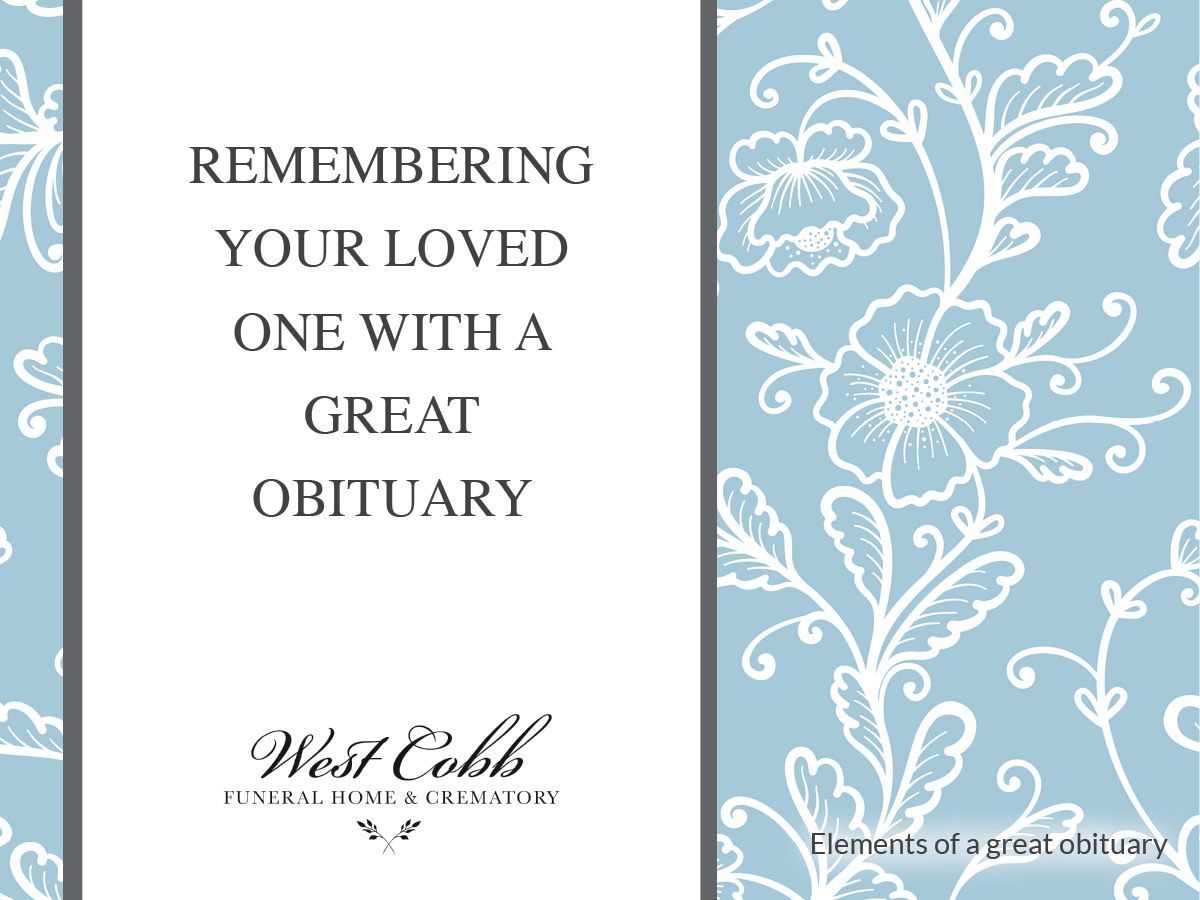


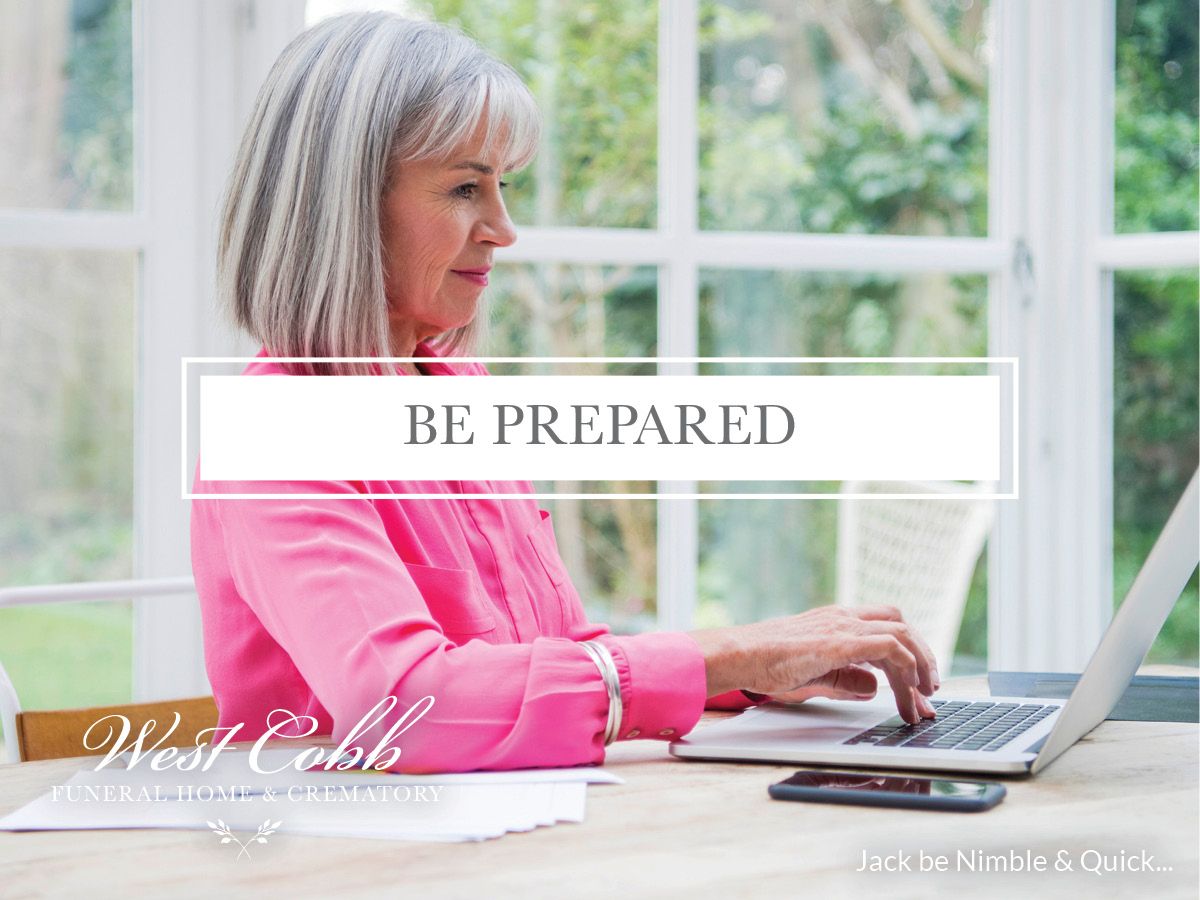

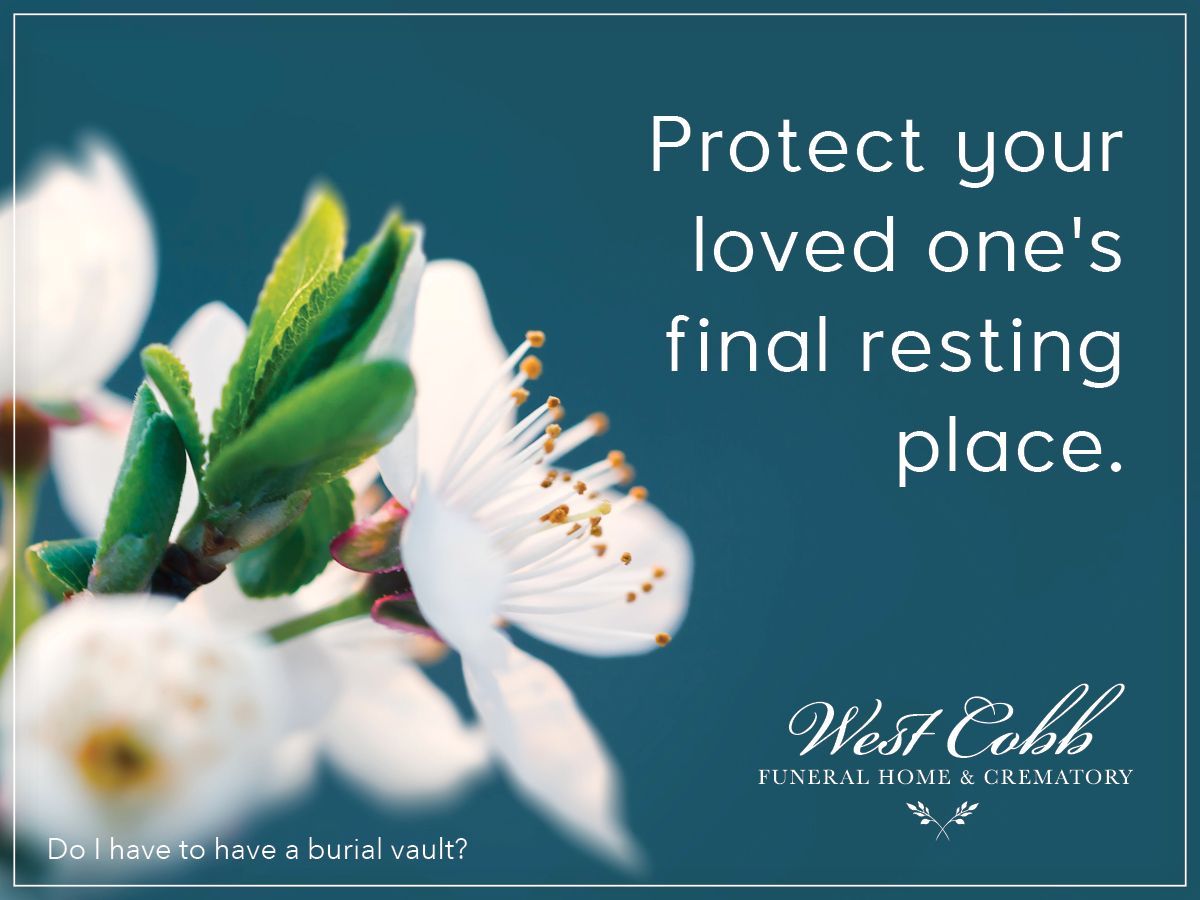
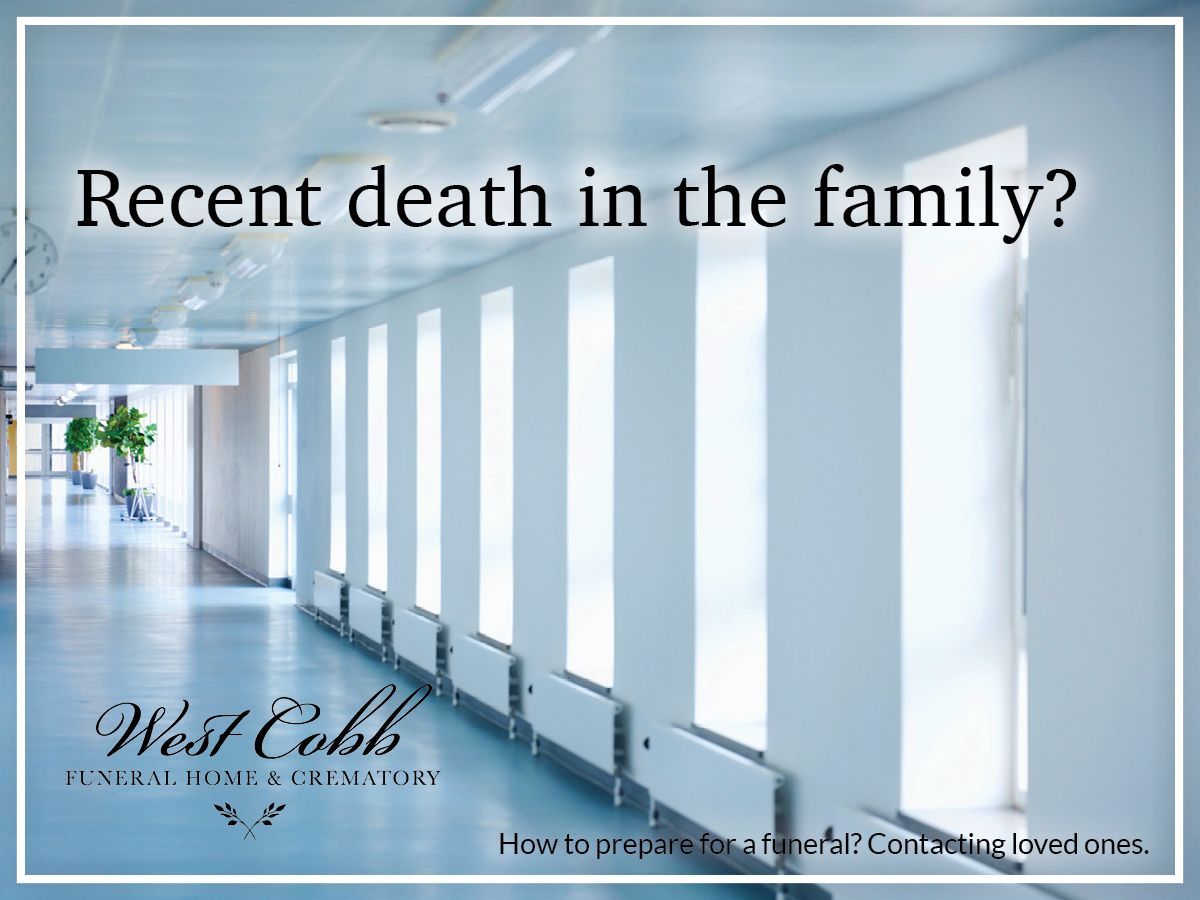


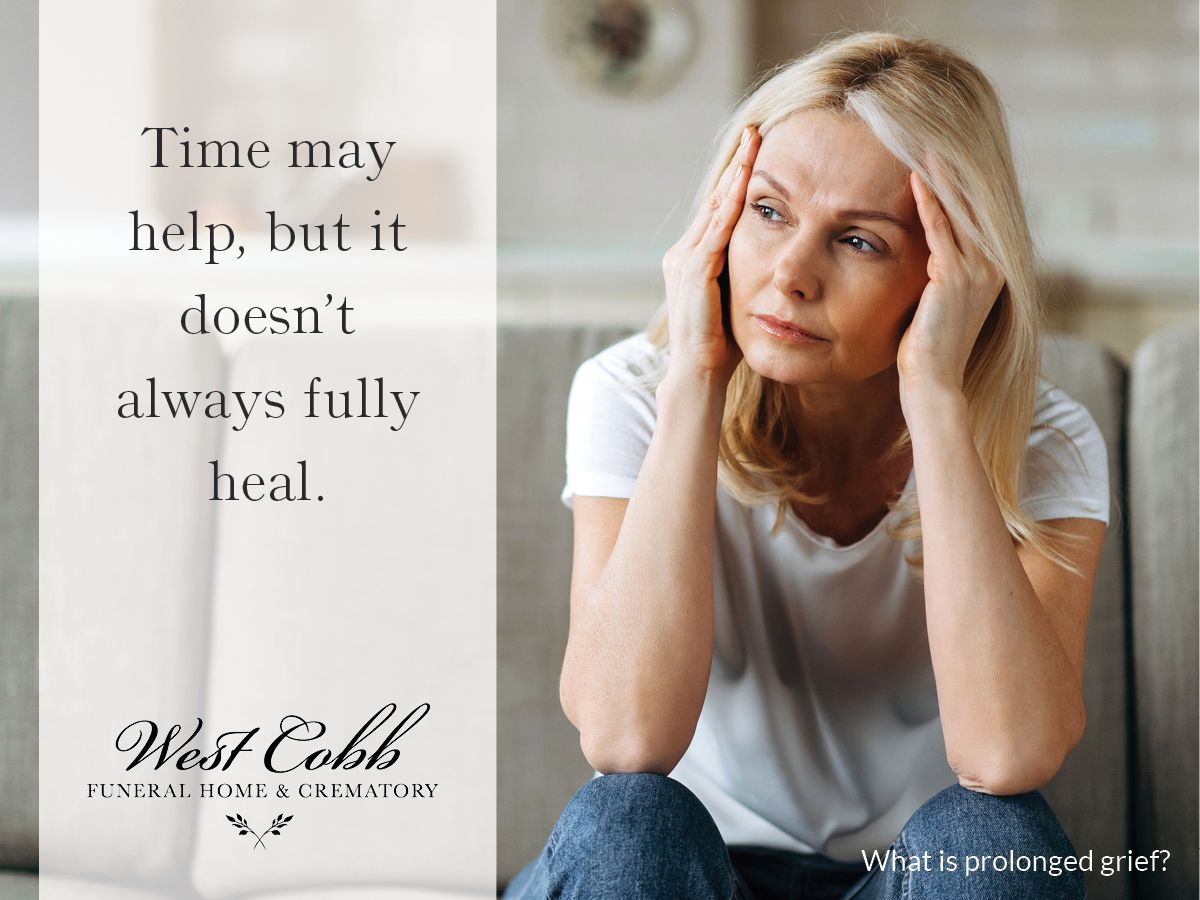
QUICK LINKS
A Year of Grief Support
Sign up for one year of weekly grief messages designed to provide strength and comfort during this challenging time.
Please wait
Verifying your email address
Please wait
Unsubscribing your email address
You have been unsubscribed
You will no longer receive messages from our email mailing list.
You have been subscribed
Your email address has successfully been added to our mailing list.
Something went wrong
There was an error verifying your email address. Please try again later, or re-subscribe.

